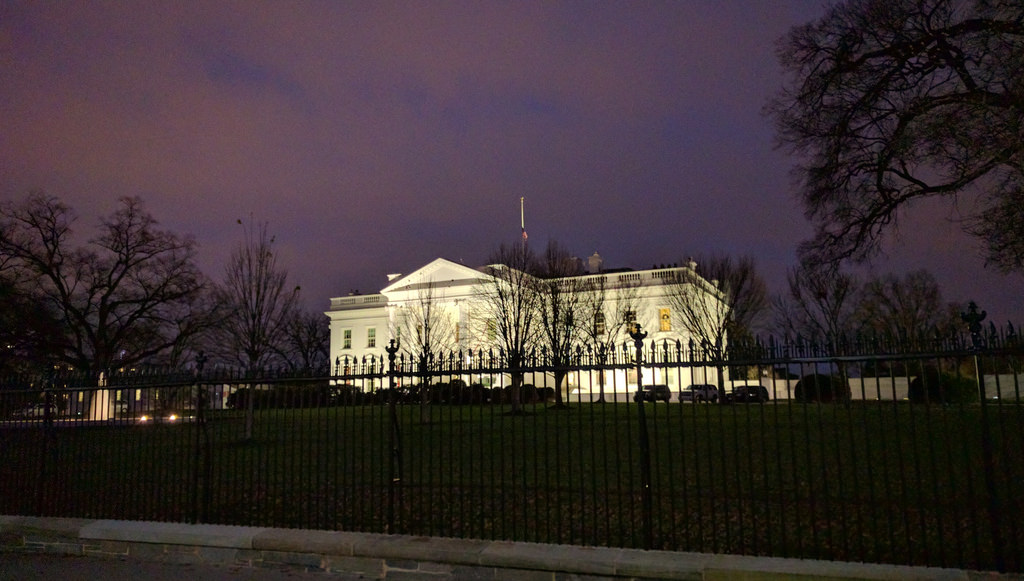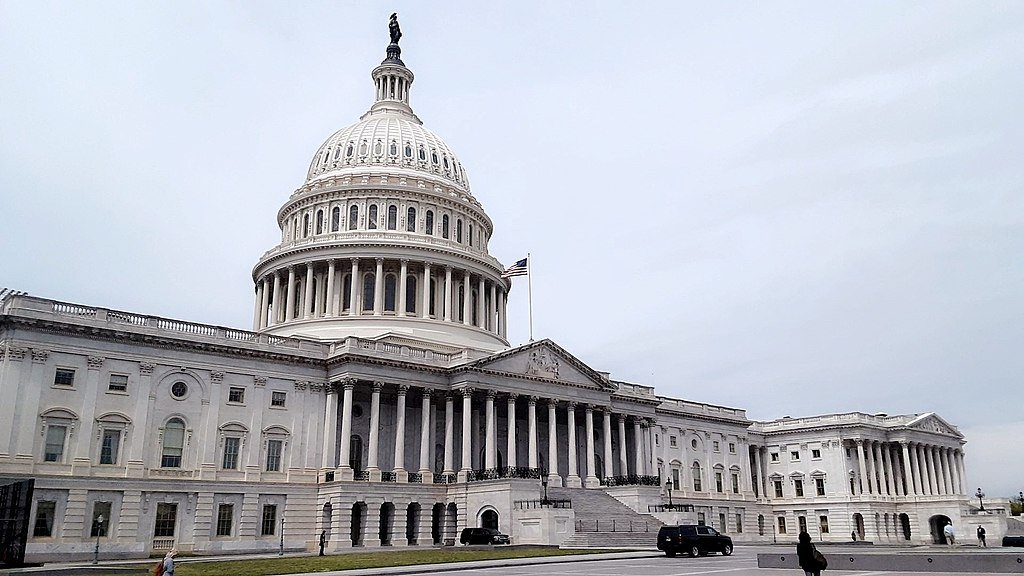The White House Counsel and the Pending Birthright Citizenship Executive Order
Former White House Counsel Donald McGahn had his work cut out for him as legal adviser to this particular president, and his successor, Pat A. Cipollone, cannot expect an easier time. Among the looming challenges: whatever comes of special counsel Mueller’s investigation and, if the Democrats regain control of the House of Representatives, the potential institution of impeachment proceedings.

Published by The Lawfare Institute
in Cooperation With

Former White House Counsel Donald McGahn had his work cut out for him as legal adviser to this particular president, and his successor, Pat A. Cipollone, cannot expect an easier time. Among the looming challenges: whatever comes of special counsel Mueller’s investigation and, if the Democrats regain control of the House of Representatives, the potential institution of impeachment proceedings. But this president’s lawyer also faces the day-to-day daily struggles of a demagogic executive who will press for aggressive constitutional and legal positions consistent with an unbounded belief in his own authority, his taste for playing to the political crowd, and his expectations that “his” lawyers will do as bidden.
And so we come to this moment, an inaugural moment for Cipollone, when the president has announced his intention to issue an executive order that by fiat would deny birthright citizenship to children born in the United States to noncitizens. He wishes to unilaterally refashion constitutional law with a forced reading of the 14th Amendment and spurious reasons for not following controlling Supreme Court precedent. He is doing so with an announcement that is plainly timed for political effect, only weeks before the midterm elections.
Trump has already left troubling clues about the decision-making process leading to his conviction that he can issue such an order. He said to Axios that he was originally told that no such order would be lawful and then informed that the opposite is true. But who told him what and when?
Now, of course, there are theories afoot and available to Trump that the settled constitutional understanding is incorrect and that the president does in fact have the leeway to press his novel case for presidential power to end birthright citizenship. But the odds are heavily against success with these arguments. And in taking this aggressive position on such a sensitive issue in these highly political circumstances, Trump yet again puts at risk the credibility of his administration before the courts.
The institutional responsibility for dissuading the president from this course falls largely on the White House counsel, as it does to some extent in almost every administration—but perhaps more so in this one, in which the president has effectively declared war on his own Department of Justice. This, of course, puts the counsel on a collision course with the president’s demagogic politics and conception of his authority. As he did with the travel ban early in his term, and with notable trouble in the courts, Trump has once again cast his claims of executive authority in the most politically heated terms. It is particularly in the light of the travel ban experience that his counsel must contend with and advise the grave institutional costs of this latest initiative. This is a large part of what it means for a White Counsel to represent the presidency, not just the person—and personal politics—of the president.
This is not to say that other presidents have not asserted authority with politics also in mind. However, the more open and controversial the political motive, the more secure the constitutional legal position should be. Policies with crass political motives coupled with tenuous or wholly deficient legal grounds do severe damage to rule-of-law norms that should guide executive action. A president may decide to still take the shot and damn the consequences. As an institutional matter, White House counsels should lead the internal resistance and, if necessary, offer options that would enable their principals to express constitutional views, or accomplish political goals, short of taking grotesquely irresponsible and doomed legal initiatives.
At this point, the White House should be pressed on the question of how it was that the president, unsuccessful the first time, managed subsequently to get the answer that he wanted. Most telling will be what follows Trump’s early announcement of his intentions. Will we in fact see an order ending birthright citizenship? And will it be, as advertised, a broad assertion of the president's power to disregard constitutional law and make his own? Or will the president issue some document that he can claim fulfills his commitment but actually does little of the sort?
The answers to these questions will tell us much about the new White House counsel. Or about the influence of the acting counsel, Emmett Flood, if Cipollone does not take up his position in time to assume responsible for averting this latest disaster.




